
Steel tariffs might sound like a distant policy issue, but they could impact your home more than you realize, quite literally. As steel prices climb, so do the costs of everyday essentials like refrigerators, ovens, and washing machines. So, if you’re thinking about a kitchen upgrade, these 10 key insights will help you understand what’s happening and how to stay ahead of rising costs.
Tariffs Add Up To 50% On Imported Steel
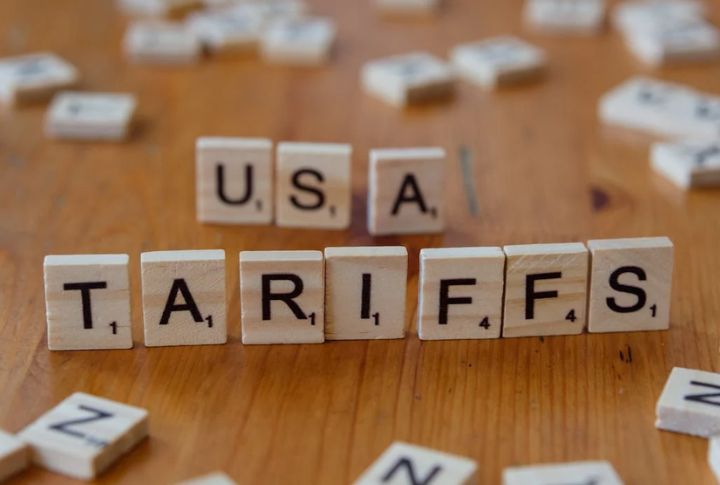
The U.S. slapped a 50% tariff on imported steel under Section 232. Appliance makers often can’t avoid imports due to the use of specialty steel types. With more than 110 countries supplying U.S. steel, the impact is widespread. Manufacturers usually pass those costs directly to consumers.
Steel Makes Up Over Half The Weight Of Major Appliances
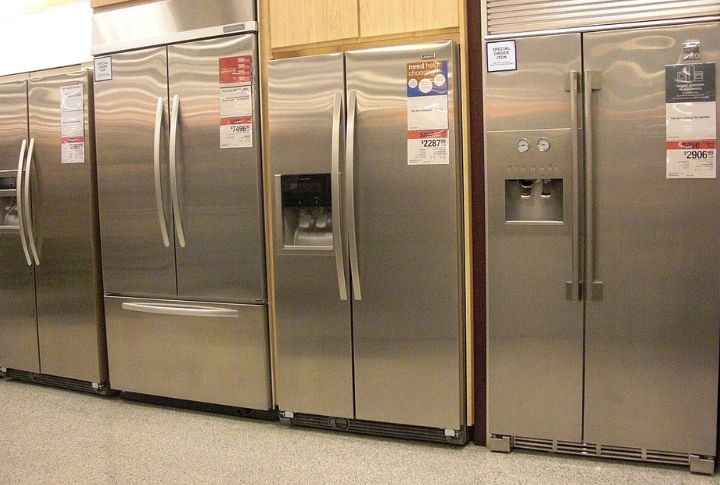
Refrigerators, washing machines, and dryers are made with a significant percentage of steel. That raw material doesn’t come cheap, especially with tariffs in play. For example, one Whirlpool plant uses tons of steel annually. So, expect noticeable cost increases as input prices surge.
Manufacturers Warn Of Higher Prices Across All Models
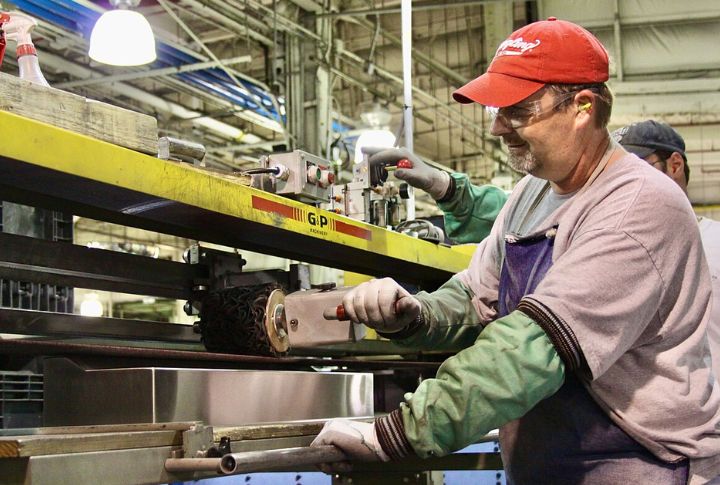
Whirlpool and Electrolux have already confirmed price increases in response to the new tariffs. In past tariff hikes, retail prices rose quickly, sometimes within weeks. That pattern is likely to repeat, so you should be prepared for higher costs across most appliance models sooner rather than later.
Smaller Brands Hit Hardest By Tariff-Driven Costs
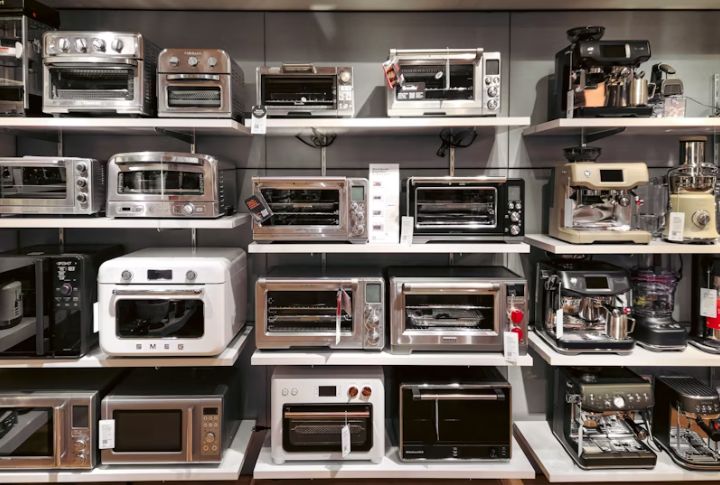
Unlike large manufacturers, smaller appliance brands don’t have the leverage to negotiate steel discounts. That leaves them with two options: raise prices or absorb the losses. Some boutique makers are seeing steel costs spike by triple digits, and regional price differences are making things even tougher.
Steel Makes Appliances Heavier And More Expensive To Ship
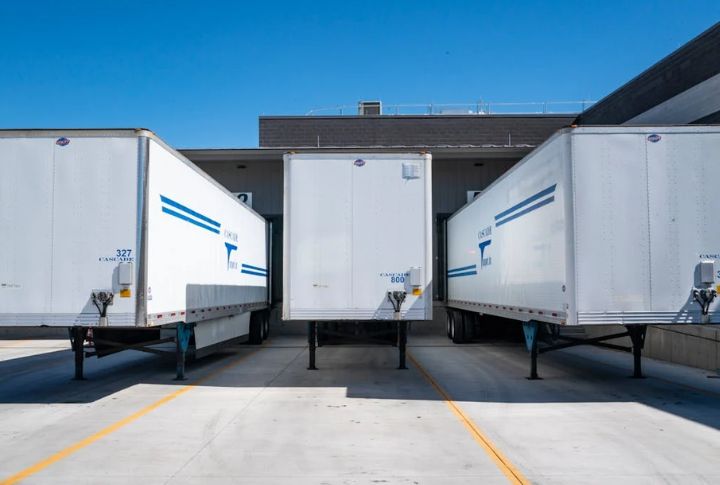
Heavier appliances increase freight and handling charges sometimes by 20% or more. So, a refrigerator may change hands across six transport stages before hitting a showroom. Add tariffs, and every step in the supply chain becomes costlier. Final prices reflect these stacking logistical expenses quickly.
Builders And Remodelers Brace For Appliance Inflation
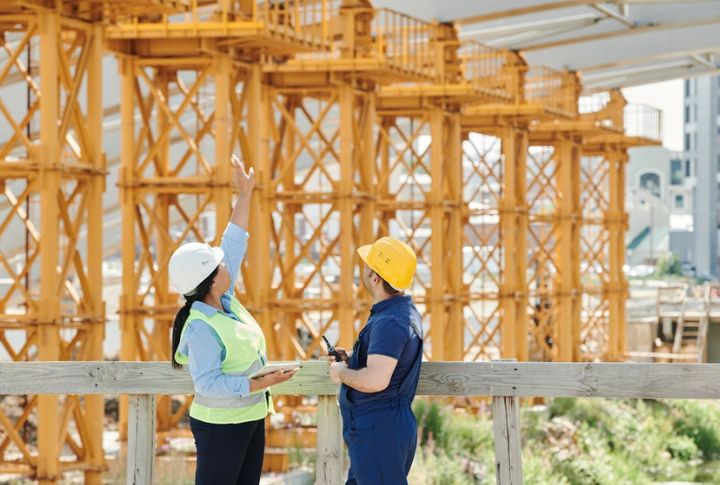
Worried about rising appliance prices, many homebuilders are already adjusting project estimates. In 2023 alone, surveys reported sharp cost swings that disrupted budgets. Kitchen remodels—already a big-ticket item—have seen some of the steepest increases. If you’re planning updates, expect delays and higher price tags.
Imported Appliance Components Also Face Tariffs

Many American-made appliances rely on imported parts, including motors, panels, and even hinges. Those components fall under the same steel tariff umbrella. One washing machine can include parts from five countries. So, even if a single piece is delayed or more expensive, the entire production line slows or stalls.
Retailers Are Stockpiling To Avoid Future Price Jumps
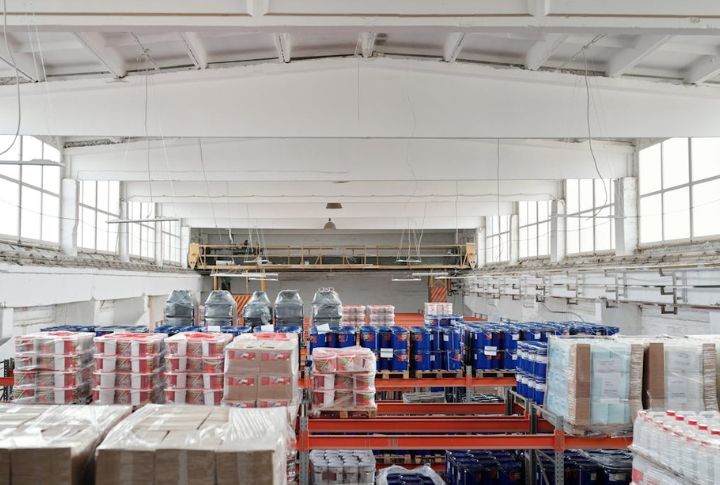
Retailers often buy ahead of official tariff rollouts to maintain pricing. This can involve renting temporary warehouse space and hosting limited-time “buy now” events. But once the stockpile runs dry, new inventories will reflect higher costs. So, you can actually save money by purchasing before this price change takes effect.
Steel Tariffs Trigger Supply Chain Bottlenecks
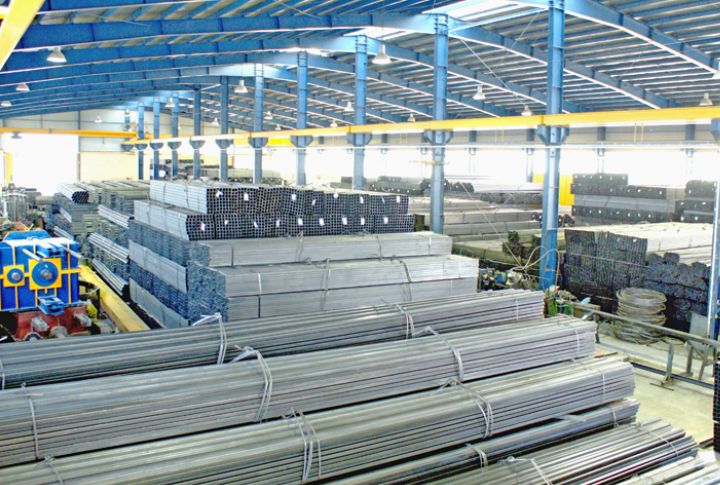
New tariffs are also putting pressure on domestic steel supplies, which creates delays in appliance production. Manufacturers report backlogs of 6 to 8 weeks for key materials, with lead times for steel sheets now twice as long. These slowdowns are further driving up manufacturing costs, forcing companies to either raise prices or limit their availability.
Consumer Credit Trends Reflect Early Appliance Stockpiling

When people sense prices are about to rise, they act fast—and the numbers show it. Credit card spending on appliances often spikes ahead of tariff-driven hikes. Some even open new credit lines just to lock in a fridge or washer early. Analysts call it the “tariff rush,” a scramble to buy before inflation takes effect.
